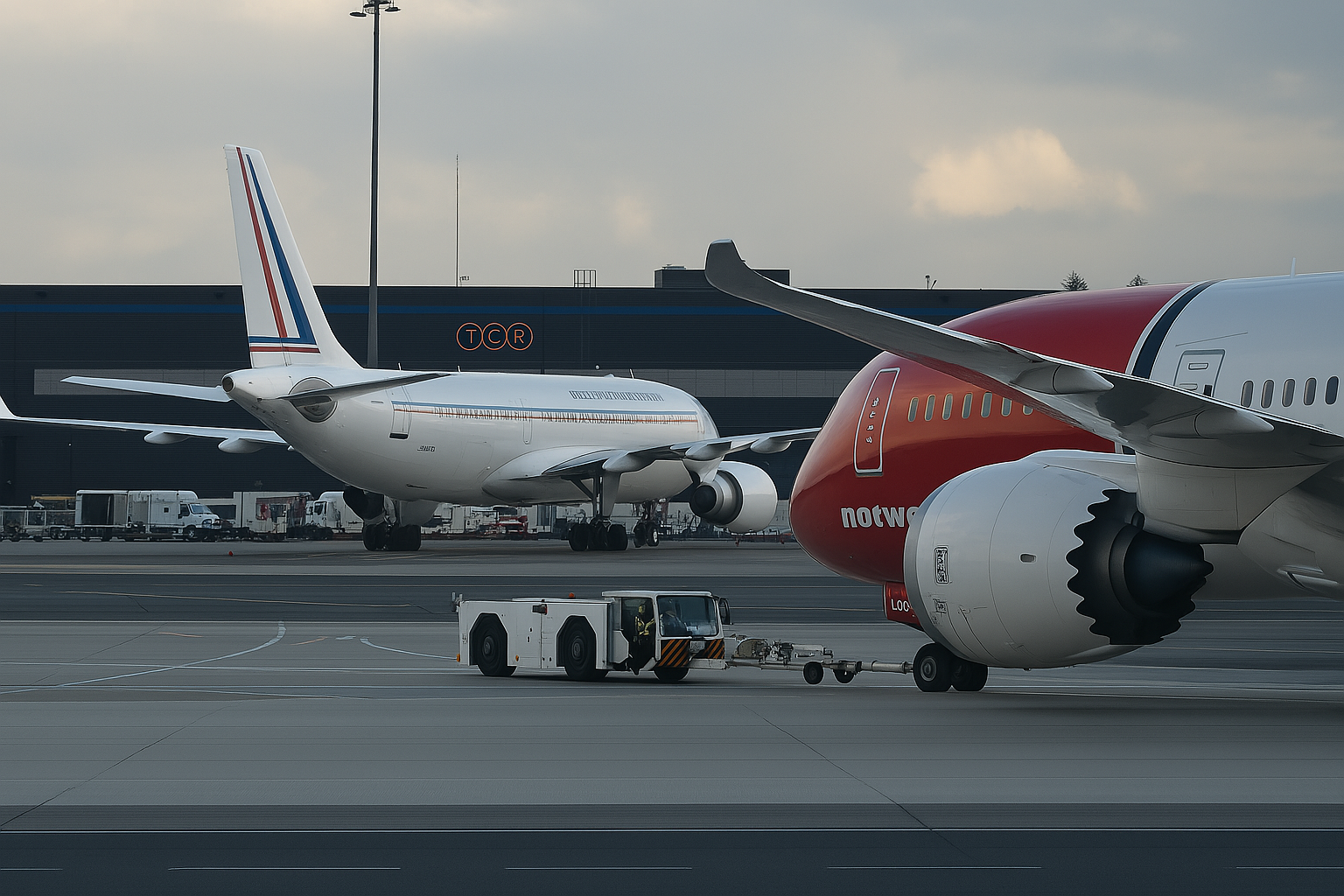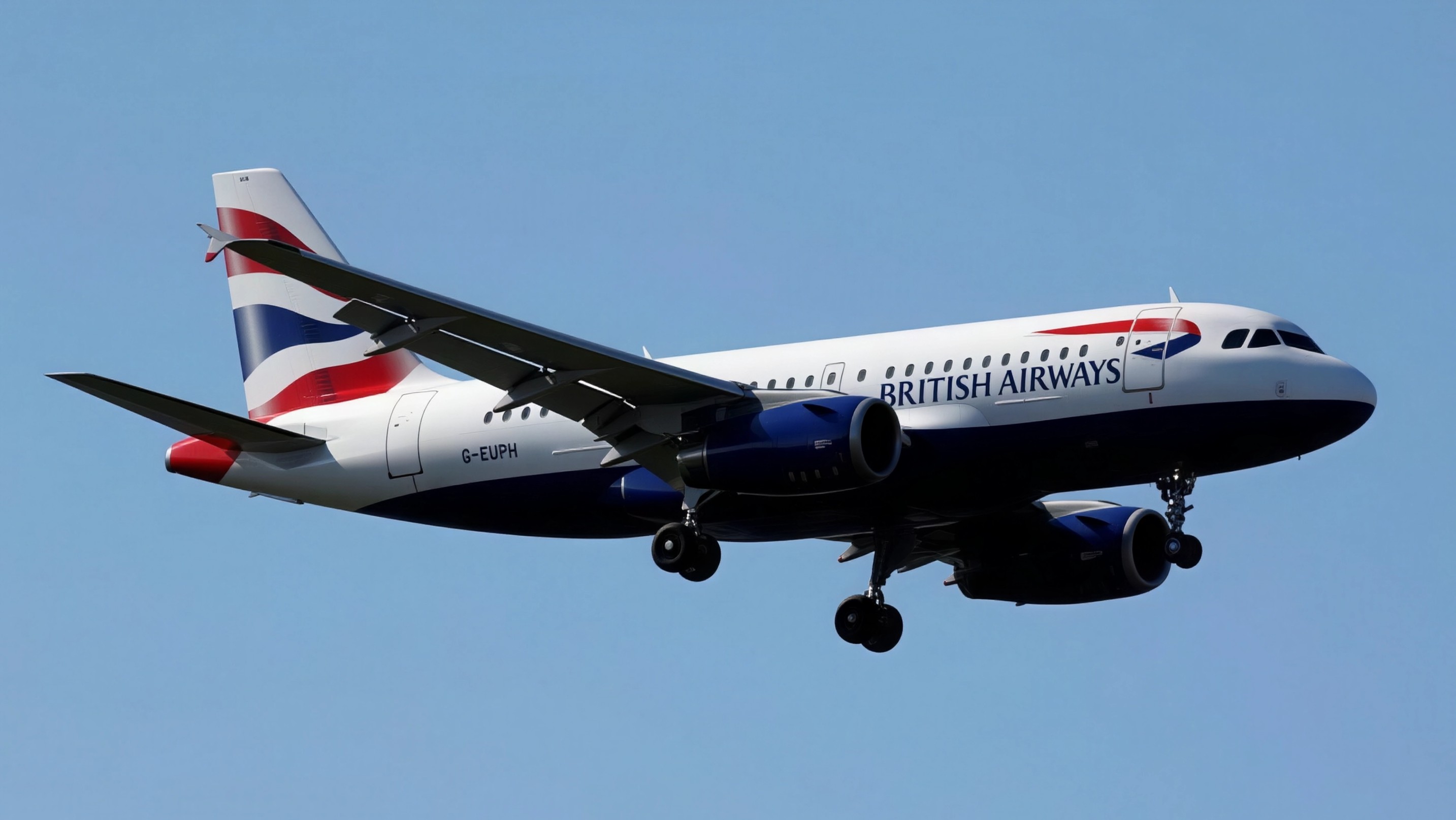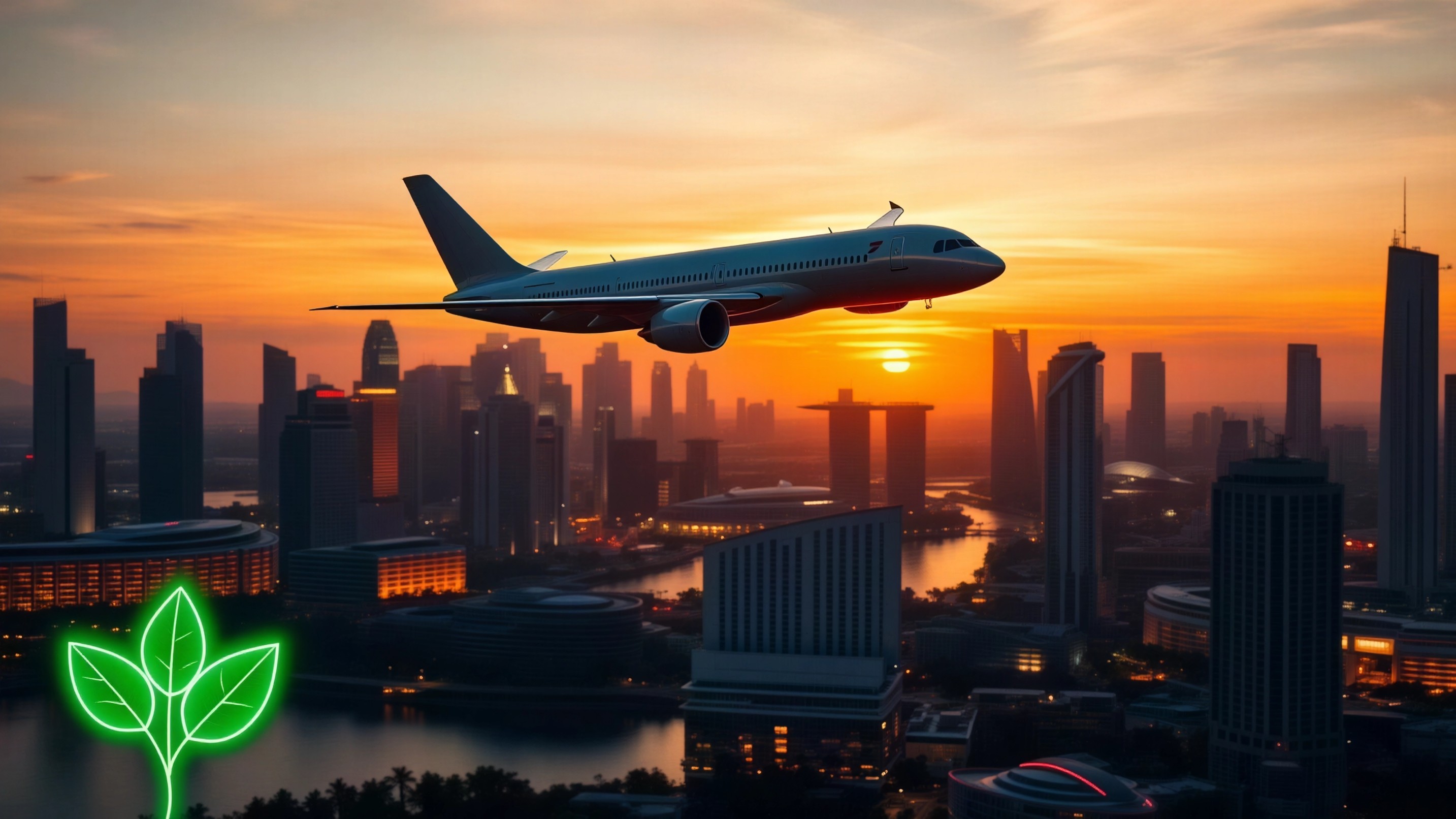As Europe enters one of its busiest travel periods of the year, a large scale strike by France’s air traffic controllers has brought major disruptions to airlines and travelers. More than fifteen hundred flights have been affected, with hundreds of thousands of passengers facing delays, cancellations, and uncertainty. The two day protest began on Wednesday and coincided with France’s peak holiday period known as the Grand Départ, when millions of French citizens head out for their summer vacations.
Airlines across Europe scrambled to manage the fallout. Ryanair cancelled 170 flights, while easyJet dropped 274. Other carriers faced hours long delays and rerouting challenges as French airspace became a logistical obstacle. The strike sent ripple effects across the continent, with airports in neighboring countries also impacted due to the heavy reliance on France’s central airspace routes. Passengers described scenes of confusion, long queues, and stranded families waiting for updates at terminals.
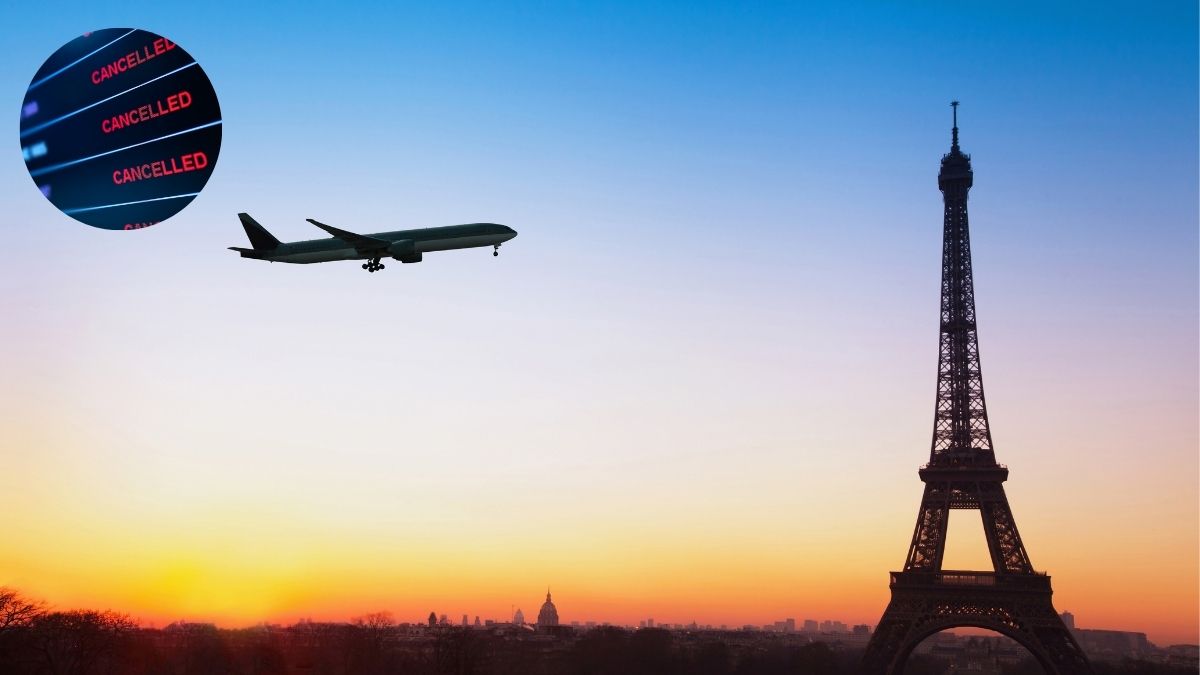
The strike is being led by two key unions representing air traffic control personnel. Workers are demanding better pay, improved working conditions, and urgent hiring to reduce the intense workload many of them face daily. They have also called for the modernization of outdated systems that are adding to delays and operator stress. According to union representatives, the situation has become unsustainable, with growing staff shortages and an overwhelming number of flights during the high season.
To manage the crisis, the French civil aviation authority imposed mandatory flight reductions of up to fifty percent at several key airports. These measures, while intended to prevent chaos in the air, have caused substantial problems on the ground. Many travelers found themselves rebooking flights, searching for alternative routes, or cancelling trips altogether.
Airlines have now turned to political leaders, urging them to intervene and help prevent more strikes in the future. Ryanair has called for the European Union to introduce rules that protect overflights from being caught in domestic labor disputes. They argue that passengers and airlines should not bear the brunt of infrastructure challenges they cannot control. Meanwhile, industry leaders have warned that without structural changes, these kinds of disruptions may continue to plague Europe’s aviation system.
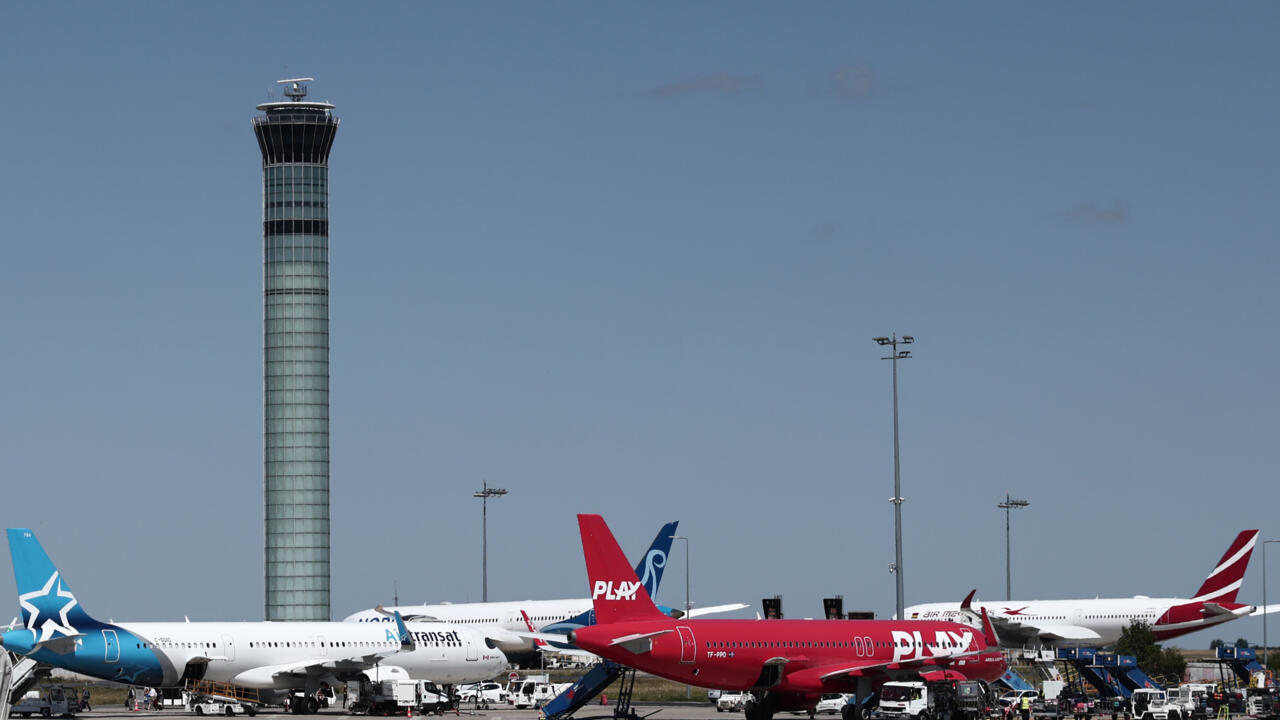
The challenges are complex. Training an air traffic controller takes years, and Europe's airspace is managed by around forty different national agencies, each controlling a segment. This fragmentation makes it difficult to respond quickly to crises or shift personnel during times of high demand. Experts suggest that unless a coordinated system is developed, even small disruptions can lead to large scale travel chaos.
The summer of 2024 is already being called one of the worst for European aviation. Airports are operating at full capacity, and any strike or technical issue now risks turning into a continent wide bottleneck. Paul Reuter from the European Cockpit Association summed it up bluntly, noting that every summer since the pandemic has brought fresh challenges for airlines and travelers alike.
With more travel expected in the coming weeks, the spotlight is now on whether Europe’s aviation infrastructure can adapt to growing demand while addressing worker grievances. Until then, passengers may have to prepare for more turbulence, not just in the skies but in the systems that keep them flying.
For more travel updates, flight news, and travel hacks to make your journey easier, follow Travel Moves on Instagram and Facebook.

